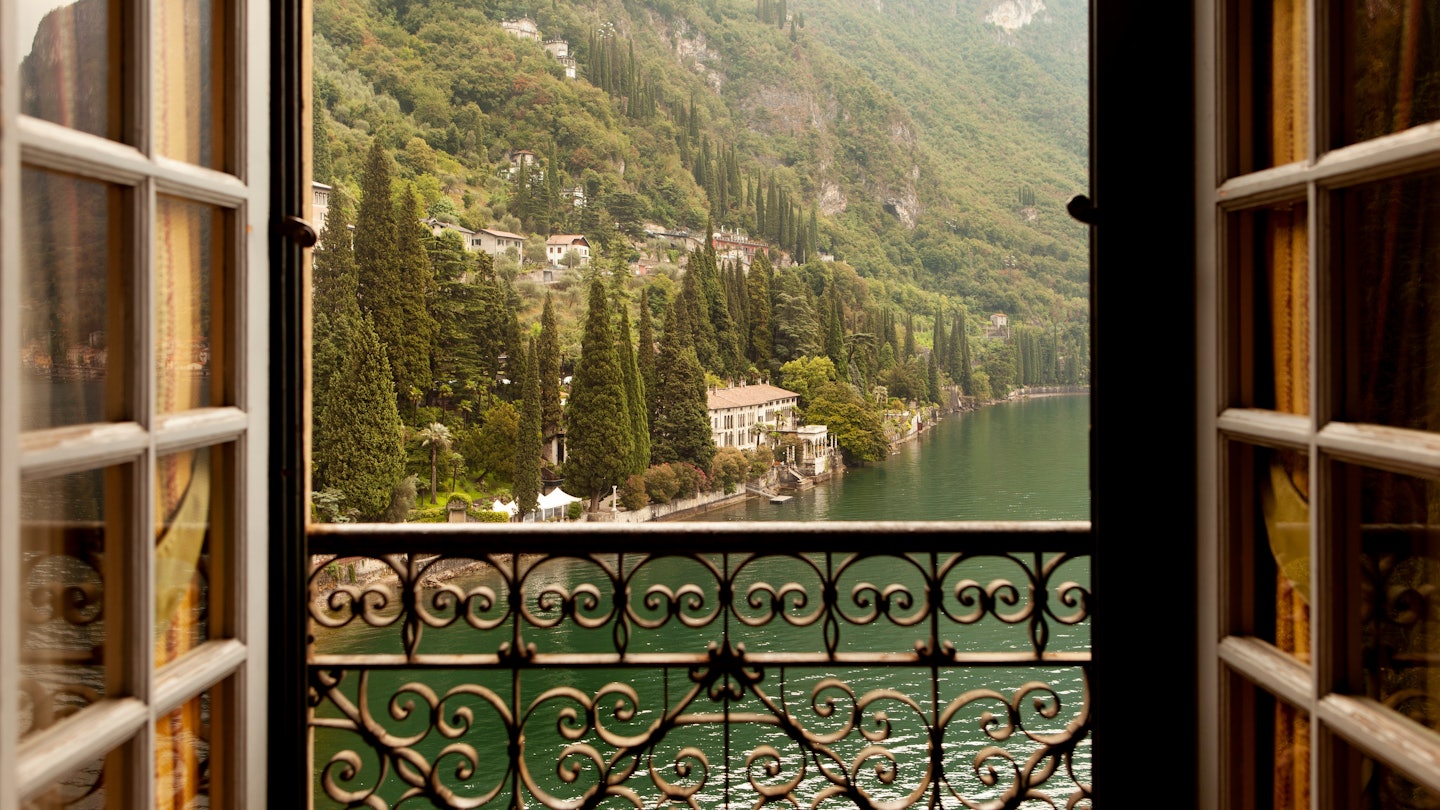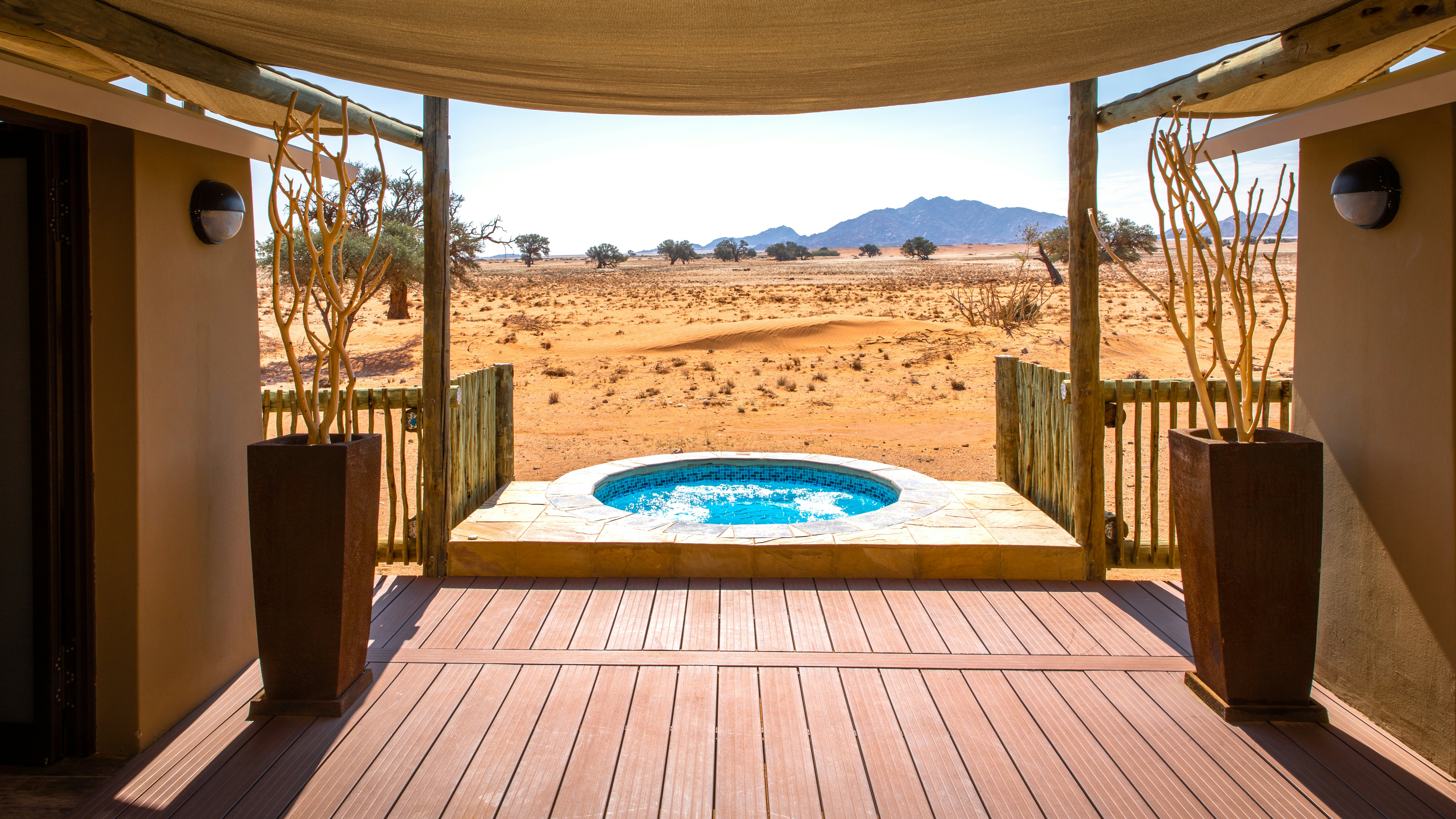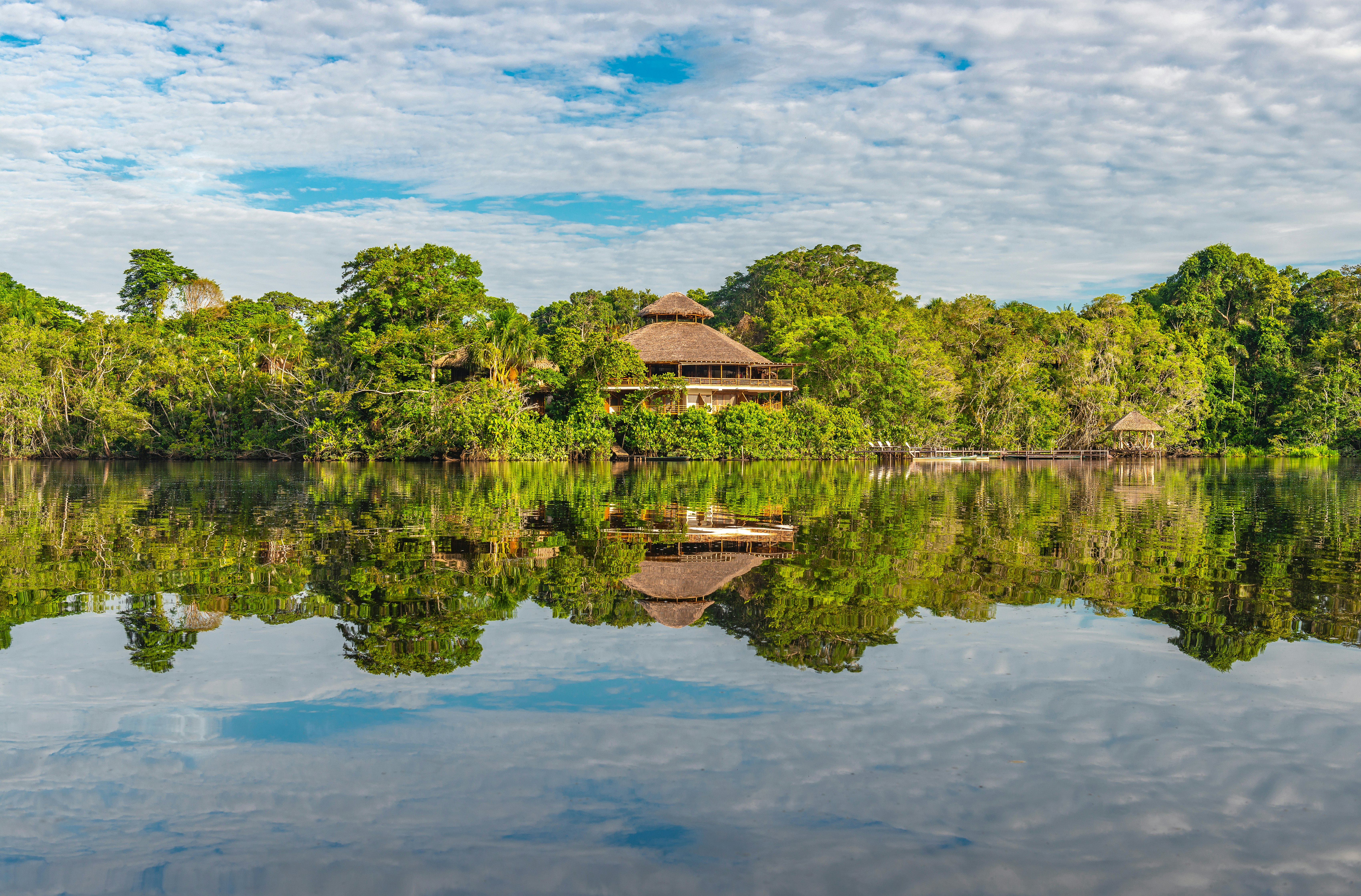

A window view of Lago di Como in Italy. zxvisual/Shutterstock
Travelers have more hotel options than ever before. Just do a quick search and you’ll be inundated with hundreds of hotels in any given city. Searches on hotel booking sites might even turn up apartment rentals, and I won’t even get into the range of short-term rental platforms like Airbnb, which in my opinion, haven’t been a very good deal for travelers for the past several years.
Choosing the best hotel for your budget, travel style and location is truly an art. As a professional travel writer for the past decade, I’ve stayed in all kinds of hotels, good and bad, from luxury five-star resorts and boutique properties to floating lodges in the Amazon, cramped city hostels to tiny bed-and-breakfasts in the Irish countryside. I’ve reached the point in my traveling life that I’m hesitant to hand over the reins to anybody else when it comes to picking a hotel, so here’s the best way to sort through the noise.

Sort by lowest price and highest guest rating
Getting a good deal on a hotel means that you’ll have more room in your budget for experiences and meals, or maybe even to extend your trip by a few days. However, booking the cheapest hotel is not always the right move.
Whichever platform you use to compare hotels (I’m partial to Booking.com because seeing all my confirmations in one tab makes it easier to plan), you can usually sort by price from lowest to highest, but you should filter out hotels that have a low rating. I work through it systematically, only selecting the upper ranks of hotels (like 5 out of 5 stars or a 9 out of 10 rating), until I find a hotel that meets my standards.
Reading the reviews is also important, especially since AI-generated reviews are becoming more common. If a hotel has a lot of five-star reviews that all seem to be written with perfect grammar and endless praise, they might be bogus, so you need to do a little digging.

Decide how important the amenities are
Depending on your trip, sometimes all you need is a place to sleep, but many hotels offer so much more than that. It’s not just about the complimentary breakfast or fitness center anymore. Some hotels offer amenities that can become an integral part of your travel plans.
Complimentary bikes or an airport shuttle service can eliminate the stress of figuring out on-the-ground logistics, so you can have more time to explore. Experiences like wellness classes, such as yoga on the beach, or on-site amenities like activity centers that rent snorkeling gear or paddleboards, are also great ways to integrate your hotel stay with your itinerary.
When weighing the pros and cons of a hotel, consider which amenities will actually help you outline your trip and alleviate the stress of planning.

Know when to spend more
For a special experience, sometimes you just need to go for it. When I went to the Brazilian Amazon, I knew I wanted to be in the Amazon, not staying at a budget hotel in Manaus and doing a day tour. Because I wanted to feel like I was staying somewhere remote and special, I found Uakari Lodge, a hard-to-reach but all-inclusive floating hotel in the middle of the jungle. All I had to do was show up and opt in to the scheduled adventures led by experienced guides. In this case, the hotel offered something I couldn't plan on my own, and the trip was important enough to me to spend a little more than I would on another kind of trip.














